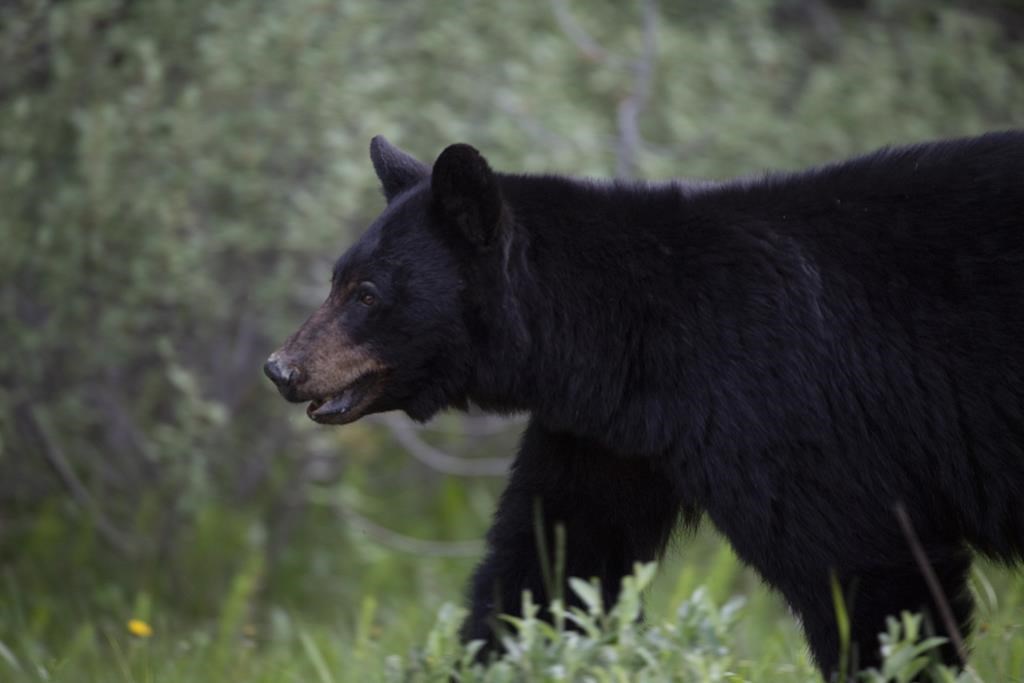As cooler temperatures roll into the Okanagan, area wildlife are doing what they can so they’re ready to hunker down for winter.

“With it being hot and dry, there have been low berry crops and bears, right now, are trying to put on up to 30,000 calories a day,” said Glen Small, a Conservation Service Officer in the Okanagan.
That’s pushed some black bears into more residential areas where they “have been accessing unsecured garbage, birdseed and unpicked fruit trees.”
Unfortunately, they’ve learned that human food is plentiful in those highly sought-after calories. Small said that, for example, a pound of birdseed gives them 2,500 calories, compared with a pound of berries offering 600 calories.
In the spring, Small said the pursuit of accessible human food resulted in a lot of bears being habituated and, in turn, killed.
“Our biggest thing is asking for people to not put garbage out until the morning of pickup,” Small said.
“If they do it the night before, the bears will access the garbage. And a fed bear is a dead bear. Relocation does not work with food-conditioned bears.”

Lauren Wishart, Central Okanagan WildSafeBC community co-ordinator, said bears have an incredible sense of smell and can be attracted to odours from garbage, pet food, barbecues, birdseed in feeders, fruit trees, berry bushes, compost, fruit and vegetable gardens, beehives, chickens and small livestock.

Get breaking National news
However, things can be done to help reduce conflicts with bears.
Among the steps, simply ensuring garbage and recyclables are stored inside until the morning of collection is at the top of the list.
“If you do not have an indoor space to store your garbage, use a bear-resistant container,” she said. “High-reward and odorous items, such as meat scraps and food leftovers, should be frozen until the day of collection.”

Also, feed pets indoors and keep livestock feed indoors and in a secure container.
They recommend that people do not use bird feeders until winter. Offer a bird bath or plant flowers instead.
Report bear conflicts and sightings in urban areas to the Conservation Officer Service (COS) Report All Poachers and Polluters (RAPP) hotline at 1-877-952-7277. Accurate and timely reports are critical, as they help conservation officers determine the best course of action.





Comments